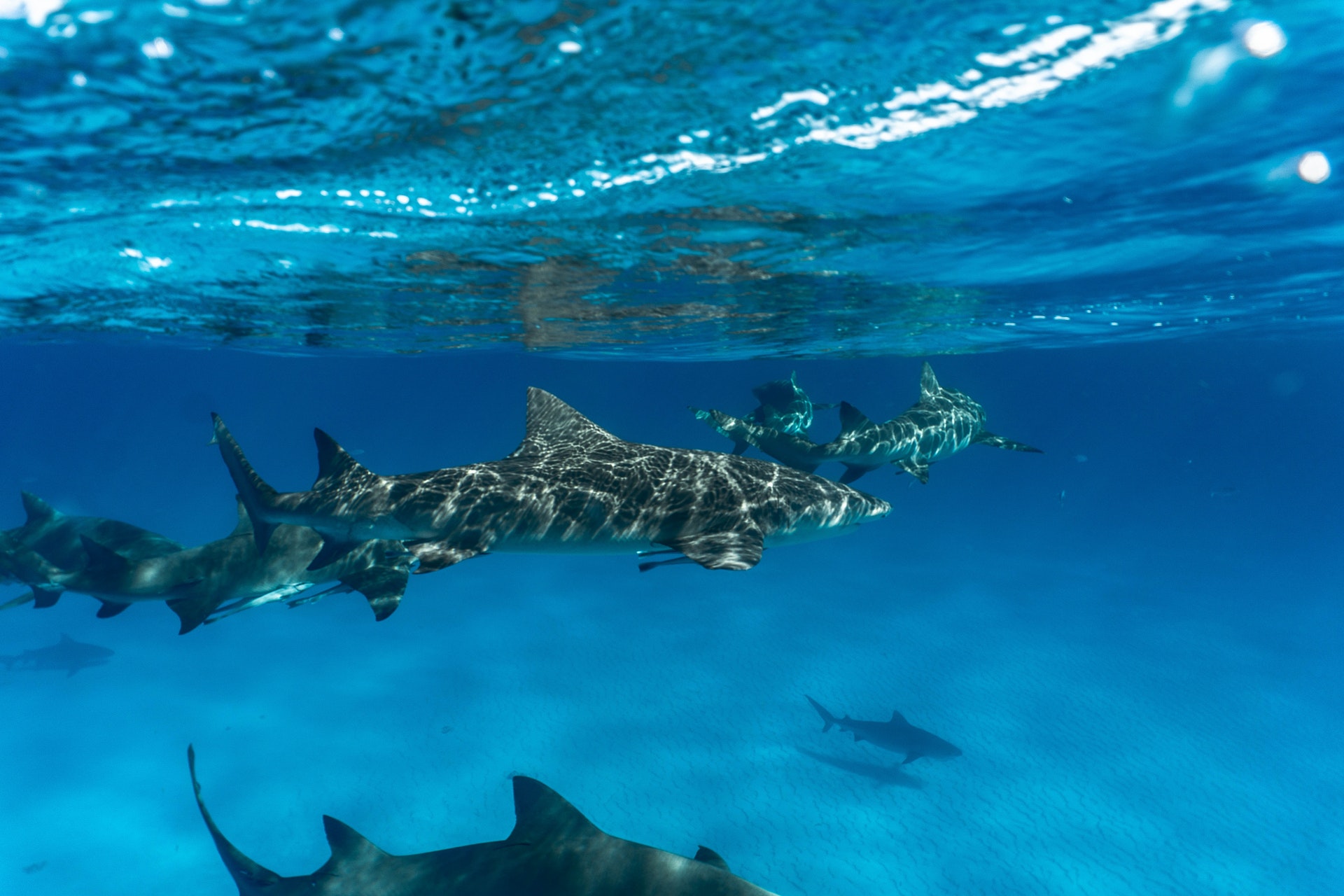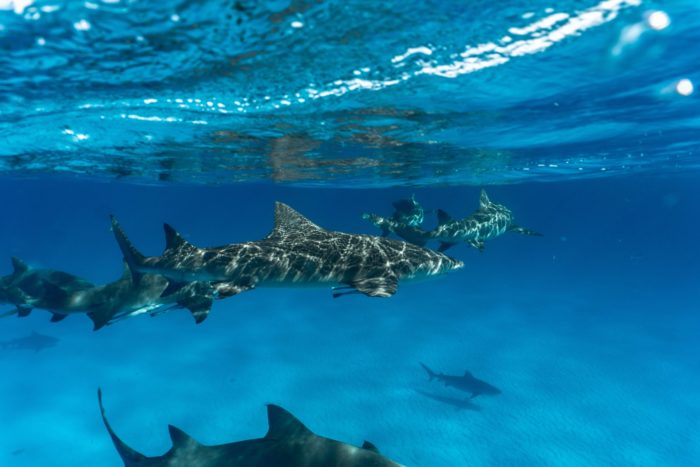
The Important Role of Sharks

Photo credit: Matthew Lowe
Sharks get a bad rap for being mindless eating machines, but this couldn’t be further from the truth. Instead of inspiring fear, we want people to feel connected to an inspired by sharks because shark species all over the world are essential for healthy ocean ecosystems, food webs, and even local economies. Here are a few ways how:
In food webs
As apex predators (predators with no or few predators of their own), sharks keep other marine populations in balance. Research shows that the removal of sharks in certain ecosystems can lead other species to reproduce unchecked and throw ecosystems out of balance, even leading to the demise of coral reefs or threats to fishery stocks. Additionally, by feeding on sick or weaker animals (they’re easier to catch after all), sharks can prevent the spread of disease and encourage genetic fitness in fish populations.
In ecosystems
Sharks’ role as a top predator can also protect marine plants by preventing the overgrazing of habitats like seagrass beds. For example, tiger sharks in Hawai’i hunt turtles. If tiger sharks weren’t present in the ecosystem, turtle populations would grow and they would spend more time grazing with the threat of predators removed. This could lead to starvation of other species, erosion of the sea floor, and hiding places for juvenile fish and other species would disappear, harming populations of other species.
Additionally, sharks keep a natural carbon cycle in motion, both by feeding on deceased animals on the seafloor and by sinking to the seafloor when they die similar to the way whales and other large marine animals do. Without sharks, the ocean’s carbon cycle would be disrupted.
In medical research
All living things get sick at some point or another, but it seems like sharks get sick less often than other species. Research on shark biology may help us better understand disease in the marine environment and develop medications and treatments that could benefit humans.
In the economy
In addition to protecting fishery stocks through natural feeding behaviors, sharks have an added benefit for local economies all over the world: ecotourism dollars. Excursions involving live sharks — such as SCUBA diving, cage diving, and shark viewing — are available all over the world and drive local tourism economies. Not only does shark tourism generate hundreds of millions of dollars annually, but it can also encourage conservation of sharks and their habitats. At the very least, it may discourage shark finning as economists argue the value of a live shark generates money over its lifetime while hunting a shark brings in a much lower one-time revenue.
